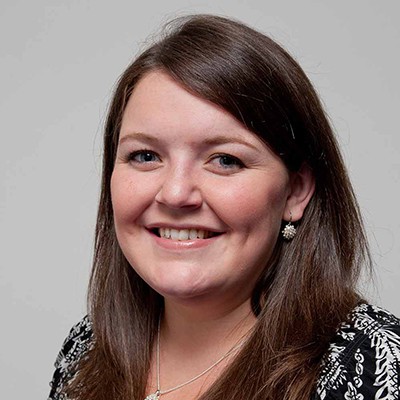Dr Katharine Welsh
Associate Professor

Biography
Katharine Welsh is an Associate Professor and University Innovation Fellow. Katharine teaches on the BSc Geography and Natural Hazard Management programme. As a University Innovation Fellow, she leads strategic educational change projects and supports the enhancement of academic practice across the University. Her research interests include technology enhanced learning, particularly in fieldwork environments. She is also interested in catchment scale flood modelling and community flood resilience. Since the COVID-19 pandemic she has had an interest in how households and individuals can ‘learn from’ their experiences to build resilience for future socio-economic crises and this has led to exploration of the potential of gamification to support more sustainable lifestyles.
Teaching and Supervision
GE4014 Global Hazards and Risk GE5001 Hazard Processes and Human Vulnerability (Module Leader) GE6003 Natural Hazard Assessment and Mitigation
Research and Knowledge Exchange
Katharine is particularly interested in the role of technology across her three areas of research: learning and teaching, flood risk, and sustainability. Current research interests include (i) Enhancing Fieldwork Learning: focusing on a range of fieldwork related pedagogies. The team run an annual showcase event to support staff development around a whole range of fieldwork-related themes from employability to inclusivity to technology enhanced learning (ii) Flooding: originally engaged with the hydro-geomorphic model CAESAR-Lisflood, Katharine's research has involved using palaerecords to validate the model over long timescales, supporting MSc students to apply a range of approaches to modelling Natural Flood Management and more recently, I have moved into the field of contemporary flood risk management (ii) Sustainability: exploring how household behavioural changes during COVID-19 can be used to inform other socio-environmental crises and developing a smartphone app with gamified elements to explore the extent to which it maintain or reinvigorate some of these pro-environmental habits developed through the pandemic.